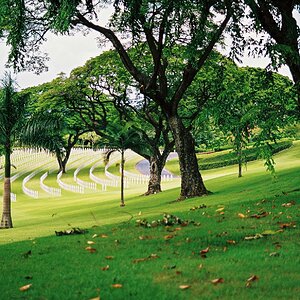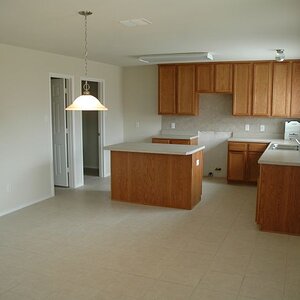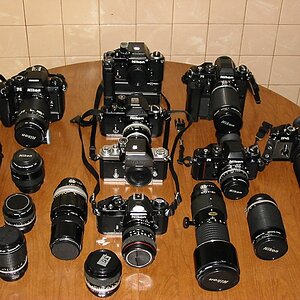prodigy2k7
No longer a newbie, moving up!
- Joined
- Apr 22, 2008
- Messages
- 1,668
- Reaction score
- 22
- Location
- California, USA
- Can others edit my Photos
- Photos OK to edit
You dont gain any focal length, you lose FoF which has the same FoV as a larger focal length.
Ex:
50mm on 1.6x crop sensor has the same field of view as a 85mm on a FF sensor.
Its not real "zoom" as Bi says, but it basically looks like it..
Ex:
50mm on 1.6x crop sensor has the same field of view as a 85mm on a FF sensor.
Its not real "zoom" as Bi says, but it basically looks like it..













